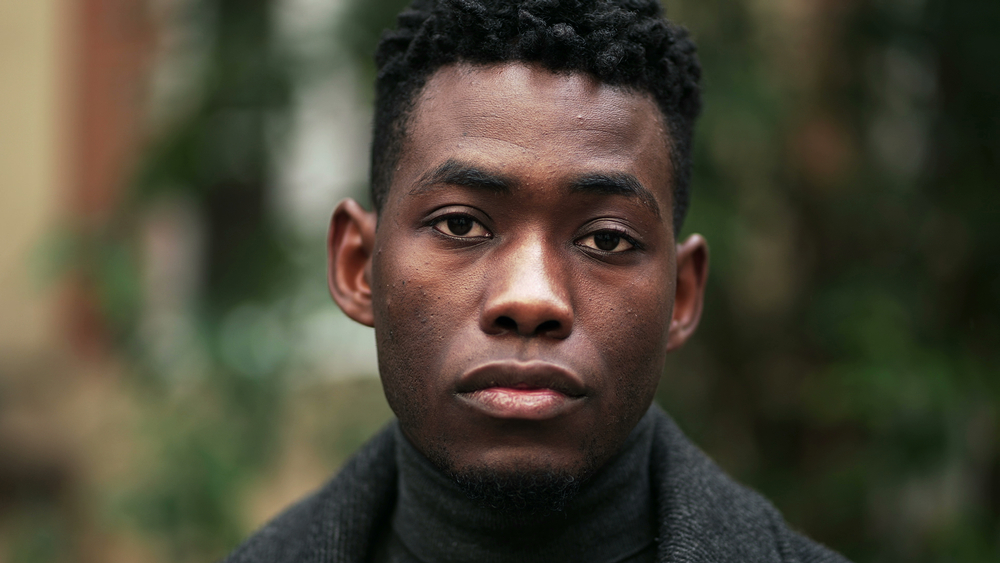Has anyone ever told you that you’re too forgiving? Maybe you’re the type who always gives second (or third, or fourth) chances. While forgiveness is a beautiful thing, there comes a point when it’s okay—and even necessary—to draw a line. Here are 15 reasons why it’s perfectly fine to not let someone back into your life.
1. The “Fool Me Once” Principle

We’ve all heard the saying, “Fool me once, shame on you. Fool me twice, shame on me.” Well, there’s wisdom in those words. If someone has repeatedly broken your trust, it’s not about forgiveness anymore—it’s about self-preservation. You don’t have to keep handing out “Get Out of Jail Free” cards.
2. Your Emotional Bank Account is Overdrawn

Think of your capacity for forgiveness like an emotional bank account. Every time someone hurts you, they’re making a withdrawal. Sure, they might make small deposits with apologies or temporary good behavior, but if they keep overdrawing, you’ll end up emotionally bankrupt. It’s okay to close the account when the balance stays negative for too long.
3. The Rollercoaster Ride of Repeat Offenses

Life’s already got enough ups and downs without someone constantly jerking you around emotionally. If you’re dealing with a repeat offender, you might find yourself on a never-ending rollercoaster of hurt and reconciliation. News flash: you don’t have to keep riding. Sometimes, the healthiest thing is to step off and find a more stable ground to stand on.
4. Your Time is Precious

Let’s talk about time management. Every moment you spend dealing with someone who repeatedly hurts you is a moment you could be spending on something or someone awesome. Your time is a non-renewable resource, according to the Huffington Post, so invest it wisely in people who consistently show they deserve it.
5. The Ripple Effect on Other Relationships

When you’re too forgiving with one person, it can affect your other relationships. You might start to expect less from everyone, or you might neglect other connections because you’re so focused on the problematic one. By setting boundaries with one person, you’re creating healthier standards for all your relationships.
6. The Energy Vampire Effect

Some people are like energy vampires, meaning they suck the life out of you with their constant drama and mistakes, according to Verywell Mind. If you’re always forgiving and letting them back in, you might find yourself perpetually drained. It’s not selfish to preserve your energy for people and things that uplift you instead of depleting you.
7. The Oxygen Mask Principle

You know how flight attendants always say to put on your own oxygen mask before helping others? The same applies in life. If you’re constantly forgiving and letting people drain you, you won’t have the emotional oxygen to take care of yourself. It’s okay to prioritize your own well-being.
8. Growth Needs Space

Here’s a truth bomb: sometimes, the kindest thing you can do for someone (and yourself) is to create space. By not letting someone back in, you’re giving them the opportunity to grow and learn from their mistakes without the safety net of your forgiveness. And guess what? You get space to grow too. Win-win!
9. The Broken Record Syndrome

If you’re having the same conversations, dealing with the same issues, and hearing the same apologies on repeat, you might be stuck in a cycle. At some point, you’ve got to lift the needle on the broken record that’s on and play a new song—one that doesn’t include constant forgiveness for the same old mistakes.
10. Your Intuition is Your BFF

You know that little voice in your head (or feeling in your gut) that tells you when something’s off? That’s your intuition, and it’s trying to be your bestie. If your intuition is screaming “Don’t let them back in!” it might be time to listen. Your subconscious often picks up on red flags your heart wants to ignore.
11. The Responsibility Shift

Constantly forgiving someone can inadvertently send the message that you’ll always be there, no matter what they do. This can create an unhealthy dynamic where they don’t take responsibility for their actions. By not letting them back in, you’re shifting the responsibility back to them to deal with the consequences of their behavior.
12. The Freedom of Saying “No”

There’s an incredible sense of freedom in saying “No” to people and situations that no longer serve you. Each time you choose not to let someone back in who has hurt you repeatedly, you’re saying “Yes” to your own well-being. Embrace that freedom!
13. Writing Your Own Story

At the end of the day, you’re the author of your own life story. You get to decide who plays a starring role, who makes a cameo appearance, and who gets written out of the script. It’s okay to be selective about your cast of characters. Choose wisely, and don’t be afraid to do some rewrites when necessary.
14. Forgiveness Doesn’t Always Mean Reconciliation

Here’s an interesting thought: you can forgive someone without letting them back into your life. Forgiveness is about finding peace within yourself, not about maintaining a relationship. You can wish someone well from a distance—a very, very long one if necessary.
15. Emotional Baggage: Pack Light!

Life’s hard enough without carrying extra emotional baggage. Each time you let someone back in who has hurt you, you’re potentially adding to your baggage. It’s okay to declutter your emotional life by not allowing repeat offenders back in. Travel light, my friend.








